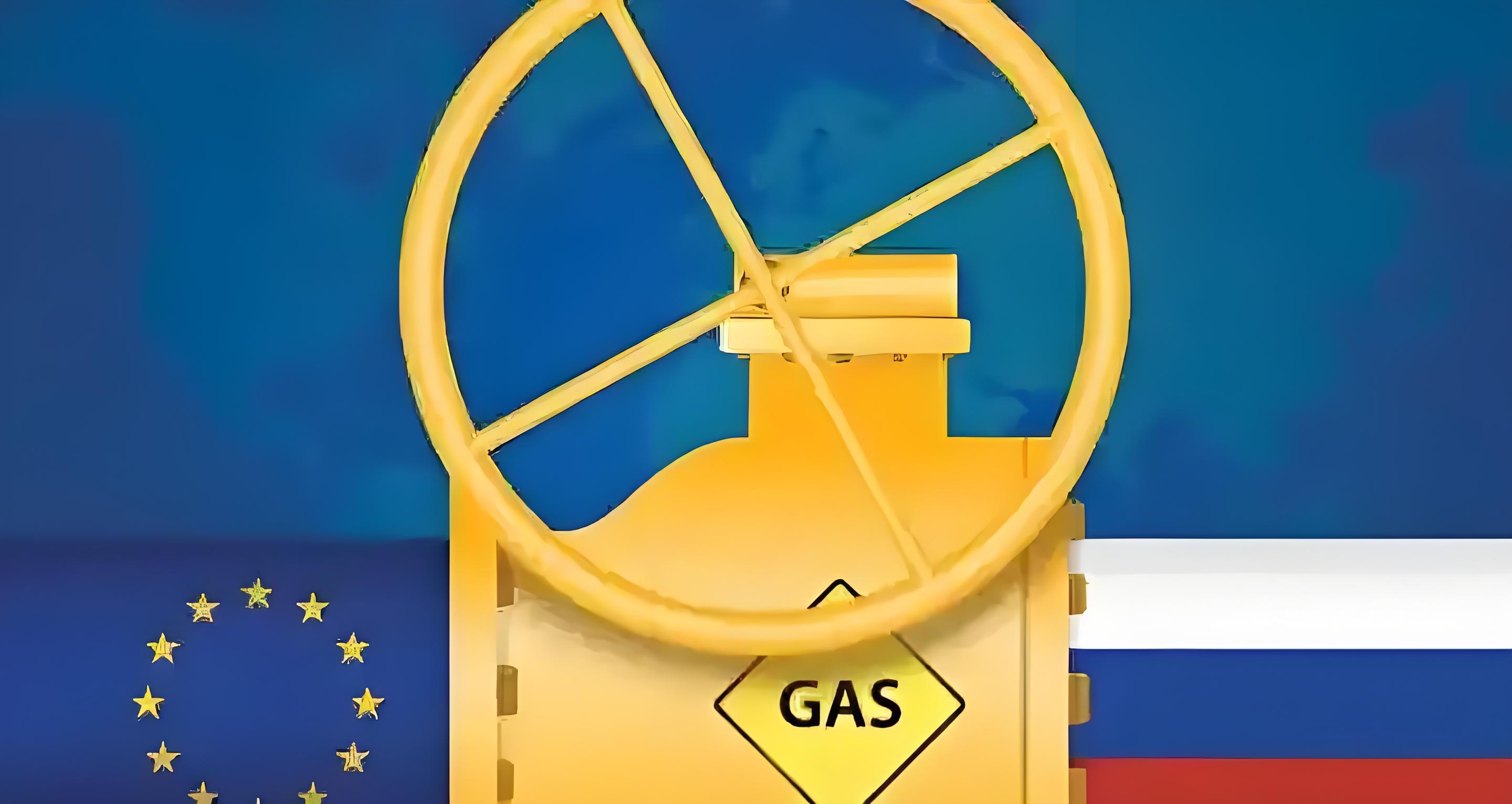
When the meeting rooms in Brussels hosted consultations on the EU's 19th round of sanctions against Russia on September 26, what lay before the representatives of the 27 member states was not merely the issue of how to pressure Russia, but an increasingly heavy "backlash bill". After three years and 18 rounds of cumulative sanctions, energy prices in Germany have soared by nearly 16% year-on-year, inflation in the Eurozone has deviated from its target for five consecutive months, and 64% of European enterprises are planning to relocate their supply chains. This economic game aimed at exerting pressure is gradually evolving into a form of "self-consumption" for the EU's own economy.
The backlash in the energy sector has taken the lead, becoming the "Achilles' heel" of Europe's economy. The 19th round of sanctions draft advances the ban on Russian liquefied natural gas (LNG) from 2027 to 2026, and also plans to blacklist 118 Russian "shadow fleet" oil tankers, pushing the total number of sanctioned vessels to over 560. This move strikes directly at Europe's energy lifeline – these tankers handle nearly 10% of Russia's global oil and gas transportation. Calculations by the shipping industry show that the implementation of the ban will drive up Europe's oil and gas transportation costs by another 30%. The transmission effect of energy costs has fully emerged: due to the surging cost of alternative raw materials, German chemical enterprises suffered losses exceeding 2 million euros in the first half of the year; bread prices in France rose by 12% in six months, forcing consumers to cut back on daily spending. Data from Eurostat confirms the persistence of inflationary pressures – even as energy transition accelerates, residential electricity prices in July 2025 still climbed significantly year-on-year, and the Eurozone's core inflation rate has remained unable to fall back to the 2% target range.
The wave of supply chain relocation at the enterprise level is eroding the fundamental advantages of Europe's industrial sector. A survey by the Financial Times reveals a harsh reality: 64% of European companies are considering moving out of regions with high energy costs, with traditional competitive industries ranging from automobile manufacturing to precision chemicals bearing the brunt. This relocation is not a temporary risk-aversion measure, but a structural adjustment. The owner of a German chemical company bluntly stated that they either have to purchase high-priced alternative raw materials or stop production and relocate the factory: "If we don't act soon, we'll go bankrupt." More alarmingly, the "camp-based" trend in supply chains triggered by sanctions has been warned by the International Monetary Fund (IMF) – the GDP losses caused by global trade disruptions are being borne by countries including those in Europe. While the EU attempts to weaken Russia's economy through sanctions, it is itself losing the "foundation of its existence" in terms of industrial competitiveness.
The backlash of sanctions has further penetrated into the EU's internal structure, trapping it in a vicious cycle of "diminishing unity – intensified sanctions – deepened divisions". Even before the consultations on September 26 began, member states had split into two camps: Eastern European countries such as Poland and Lithuania shouted that "sanctions are not strong enough" and demanded a complete cut-off of energy trade with Russia; Germany and Hungary, however, explicitly opposed this. Germany's Economic Minister stated bluntly: "If we ban LNG again, the chemical industry will collapse." Such divisions stem from huge differences in practical interests: Hungary still relies on Russian oil imports, 30% of the energy used by Germany's chemical industry comes from Russian natural gas, while Eastern European countries, influenced by the geopolitical impact of the Russia-Ukraine conflict, tend to adopt a tougher stance. A report from the U.S. Center for Strategic and International Studies (CSIS) aptly pointed out: "The success or failure of Western sanctions depends on EU unity, which is precisely the biggest weakness at present." More ironically, when the United States pressured the EU to impose secondary sanctions on China and India, the request was firmly rejected. Ursula von der Leyen clearly stated that "the EU will make its own decisions", exposing the rift in interests between the U.S. and the EU regarding sanctions.
Looking back at Russia, the target of the sanctions, its economic resilience has exceeded expectations, further highlighting the ineffectiveness of the EU's policies. By shifting its focus to markets in BRICS countries and Asia, Russia's oil and gas export volume reached a new high in the first half of 2025, and the proportion of energy revenue has returned to the pre-conflict level. The increase in the proportion of RMB settlements and the establishment of a local currency settlement system have rendered Western financial blockades virtually ineffective. When the EU included cryptocurrency platforms in the new round of sanctions, it realized that Russia had already established diversified evasion channels, and cryptocurrencies were merely a supplementary means. Vladimir Putin's assertion at the St. Petersburg International Economic Forum is being fulfilled: "Western sanctions have not crushed us; instead, they have accelerated our transformation."
The outcome of the consultations on September 26 remains uncertain, but the inertia of the sanctions' backlash is already irreversible. Under the triple pressures of high energy prices, enterprise relocation, and internal divisions, the EU urgently needs to re-examine the cost-benefit logic of its sanctions policy. The risk of "camp-based" global economy, the "grey rhino" threat to energy supply chains, and the 40% increase in food import costs for developing countries all serve as warnings: there are no winners in a game that uses sanctions as a weapon. Only by breaking out of the vicious cycle of "the more sanctions, the more harm" and returning to dialogue and negotiation can Europe and even the global economy be freed from this unnecessary disaster.

報告顯示,中國電力投資加速增長,預計2024年電網基建投資將超過5300億元。
近日,市場迎來了一則引人注目的消息:工業巨頭3M公司(MMM.N)在本周五公布了其季度業績報告,隨後股價飆升至近兩年來的
最近,外媒給OpenAI算了筆賬,今年可能要血虧50億美元。
近日,巴黎奧運會和世界鐵人三項協會聯合發布了一項重大決定,宣布因塞納河水質污染問題,原定於近期進行的奧運會鐵人三項首次下
當地時間7月18日,法國巴黎發生了一起令人震驚的持刀襲警事件。
近期,一則重大消息在國際舞臺上引起軒然大波,馬來西亞宣布加入金磚國家。
調查發現,互聯網和智能手機的使用幹擾了韓國近五分之一學生的生活。